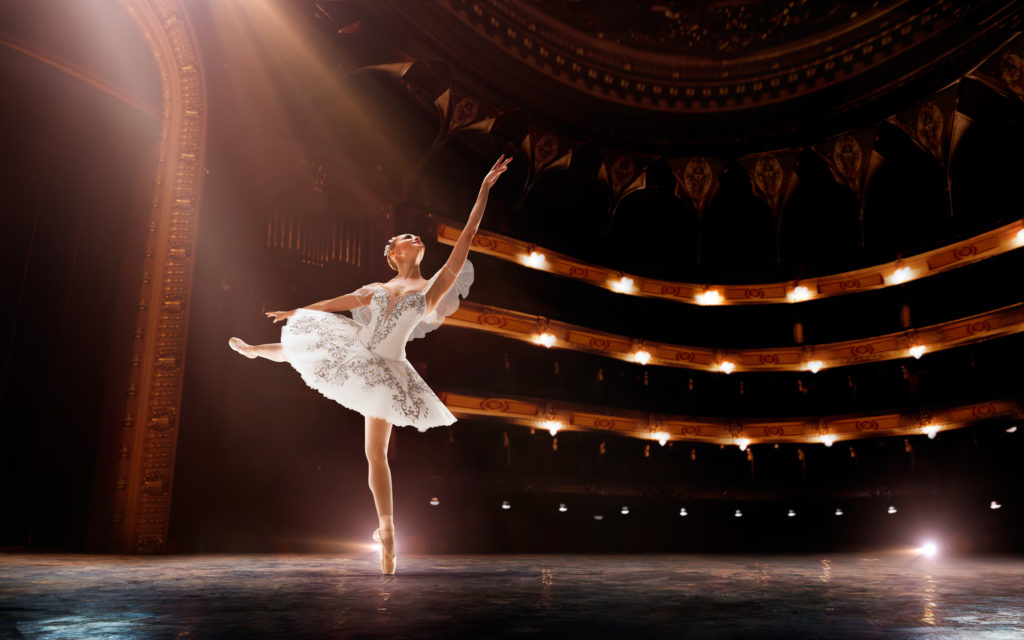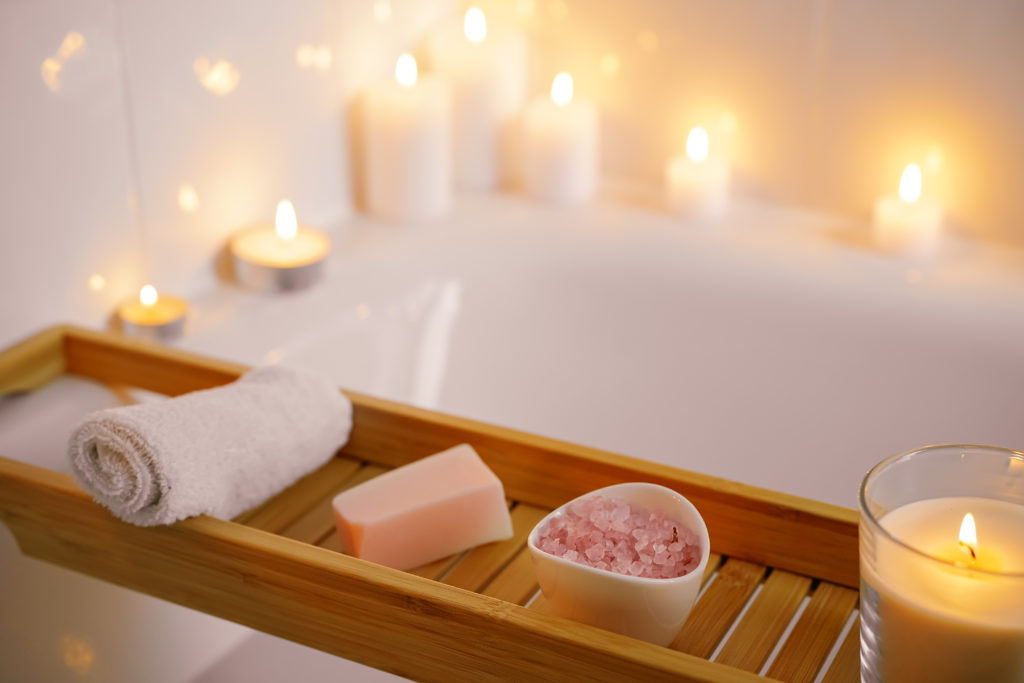Two wildly different experiences of something can easily coexist. In one situation, you may experience a thrilling sense of confidence and in another situation, you may crumble with self-doubt and stage fright.
What goes smoothly in rehearsal can easily be thwarted by unexpected hindrances in performance. We envision perfection, but cringeworthy hiccups always seem to be lurking amongst possible outcomes.
While only some of us are performers by profession, we can all relate to the experience of having to “perform” to some extent in front of others — perhaps in a presentation at work, a speech at a special occasion, or a sporting event with an audience. It is a common strategy to go into a performance with an idea of what you want the outcome to be.

As it turns out, the key to getting exactly what you want may be the one thing you’ve been avoiding: pre-performance rituals.
Pre-performance rituals are a widely known interdisciplinary practice. No one bats an eye when an Olympic athlete breaks out into a carefully rehearsed dance routine moments before the start of the race. No one thinks twice when a ballerina assumes a star shape (or power position) in the wings of the theater moments before her entrance.
Personally, I avoided creating rituals around my performing for far too long. I never wanted to feel like something outside my own abilities and hard work could determine the success of my performance. I felt like incorporating a ritual diluted my role in the outcome of a performance. I failed to see the distinction between a pre-performance superstition and a pre-performance ritual.
After taking a deep dive into research around how rituals improve performance, I discovered that I had been missing out on one of the greatest gifts I could give to my ability to perform as I desire.
What Exactly Constitutes a Ritual?
A ritual has been defined as a predefined sequence of symbolic actions often characterized by formality and repetition that lacks direct instrumental purpose. When I first read this definition, I wondered: What does this mean on a more personal level?

A ritual is far more meaningful than a habit and more rational than a superstition. It is a conscious decision to commit to yourself and your desires by drawing attention — and therefore love and appreciation — to the things you care about.
Rituals can be as elaborate or as simple as you’d like. There’s no minimum amount of time required. In fact, the effectiveness of any ritual you use relies on three main factors:
- That your ritual is intentional
- That your ritual is recognizing something meaningful to you (in this case, your ability to perform as you desire)
- That your ritual is consciously repeated
Most interestingly, (and I will admit that this was the hardest element of a ritual for me to get on board with), a ritual’s utility is not related to its practicality. Attempting to turn a ritual into a rational experience waters down its value. Rather, the unique, idiosyncratic nature of performance rituals is what drives the most remarkable results.
The Benefits of Using Rituals for Performance
In the context of improving performance, rituals serve a multitude of purposes.
For one, rituals restore a sense of control over your life. As noted at the beginning of this article, I feared that relying on a pre-performance ritual would require the surrender of my sense of control to the success of my experience. In truth, rituals promote the exact opposite. Rituals ground you in your desires and bring your awareness to the present moment, which, in turn, leads to a deeper sense of focus on stage.
Attempting to turn a ritual into a rational experience waters down its value. Rather, the unique, idiosyncratic nature of performance rituals is what drives the most remarkable results.
Rebecca Richardson
Additionally, the pre-defined sequence of actions that make up rituals is shown to ease performance anxiety. While you ultimately want that boost of adrenaline for skilled activities such as performing, pre-performance rituals help conduct that rush of energy into a more engaged and responsive experience.
And lastly, rituals require you to consistently affirm your “why.” Just as rituals help you create the kind of life you want to lead, the intentionality behind articulating why you want to perform in each instance will, in and of itself, help you move closer to your ambitions.
Here’s the best part — you can create a new ritual any time you’d like. Even better, it is likely to have a positive influence on your performance from the very first iteration.
How to Create a Pre-Performance Ritual
The good and the bad of it is that there’s no one way to create a pre-performance ritual. It’s a deeply personal and intimate experience that relies on your unique goals and motivations.
If you’re not sure where to start, try asking yourself the following questions:
- What is my ideal mindset for performance?
- What do I want to feel and experience?
- How much time do I need to shift into my optimal performance mindset?
- When I think about my best performances, how did I feel? And what did I do leading up to those performances?
- When I think about my worst performances, how did I feel? And what did I do leading up to those performances?
Experiment with different options and allow yourself to be open and playful. Remember — pre-performance rituals are individual to you, so any symbolic actions that help you achieve the performance experience you want are perfect.
Rituals are a kindness to yourself, and when recognized as such, they offer a universe of potential successes as a performer. They are not meant to hijack your desire to be flexible and spontaneous but rather to support that desire and help you become all the more resilient. With this powerful addition to your performing, you can cross the threshold from the ordinary to the extraordinary.
Sources
FISU. (2017). Michelle Jenneke brings her warm up dance back- 29th Summer Universiade 2017, Taipei, Chinese Taipei. Youtube. https://www.youtube.com/watch?v=TzZb19ml0vA
Kay, P. L. (2020). More Than Merde: 7 Pros Share Their Quirky Pre-Performance Rituals. Dance Magazine. https://www.dancemagazine.com/backstage-rituals/
Brooks, A. W., Schroeder, J., Risen, J. L., Gino, F., Galinsky, A. D., Norton, M. I., & Schweitzer, M. E. (2016). Don’t stop believing: Rituals improve performance by decreasing anxiety. Elsevier. https://www.hbs.edu/ris/Publication%20Files/Rituals%20OBHDP_5cbc5848-ef4d-4192-a320-68d30169763c.pdf
Berinato, S. (2020). The Restorative Power of Ritual. Harvard Business Review. https://www.hbs.edu/ris/Publication%20Files/Rituals%20OBHDP_5cbc5848-ef4d-4192-a320-68d30169763c.pdf
Araujo, L. (2022). Dinacharya – The Morning Practice We All Could Benefit From. The MAPS Institute. https://themapsinstitute.com/dinacharya-the-morning-practice-we-all-could-benefit-from/
